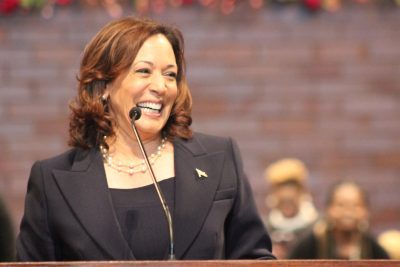
Hispanic growth also has been larger in several Southern states, with census counts exceeding prior estimates by more than 10 percent in Alabama, Louisiana and Maryland. In fact, Latino population growth during the past decade was greatest in the South, where many states have seen their Latino populations double since 2000. For the first time, Hispanic population growth outpaced that of both African Americans and whites in the South.
Although African Americans in the South are moving away from urban areas for the suburbs at the highest levels in decades, the proportion of blacks in large metropolitan areas residing in the suburbs reduce the number in urban areas. They account for 58 percent in the South, compared to 41 percent for the rest of the U.S., based on census estimates. This represents the highest share of suburban blacks in the South since the Civil Rights Act passed in the 1960s.
Now the population makeup of the United States according to census figures is 196.8 million whites, 37.7 million blacks, 50.5 million Hispanics and 14.5 million Asians. But what does this mean for African Americans? The most obvious answers deal with the political and
economic impact of an increasingly growing Hispanic population.
Given the recent change in Washington one issue will be the redrawing of political districts based on population and racial makeup. This may result in a different voting pattern, especially in the South that may end with more Hispanic-majority districts. By some estimates, more than a dozen seats in the U.S. House of Representatives may change, where a state’s representation depends on its population. Meaning as cities depopulate their traditional African American constituency, the political power that they had amassed is now being dispersed.
The changes also will alter the number of presidential electoral votes in 18 states, including Texas and Florida, and may mean blacks and Hispanics can turn Republican states Democratic.
With Hispanic population growth outpacing that of blacks and whites, economically
they will be in a position to compete with jobs many blacks in the South and in urban areas traditionally had an advantage to obtain.
In summary, the increase in the Hispanic population means that African Americans will likely lose a substantial amount of political clout. In addition, they will also face their stiffest economic challenge since the end of the Civil Rights Movement. –torrance stephens, ph.d.
Torrance Stephens authors the blog rawdawgb.blogspot.com. Find him on twitter.com/rawdawgbuffalo.








